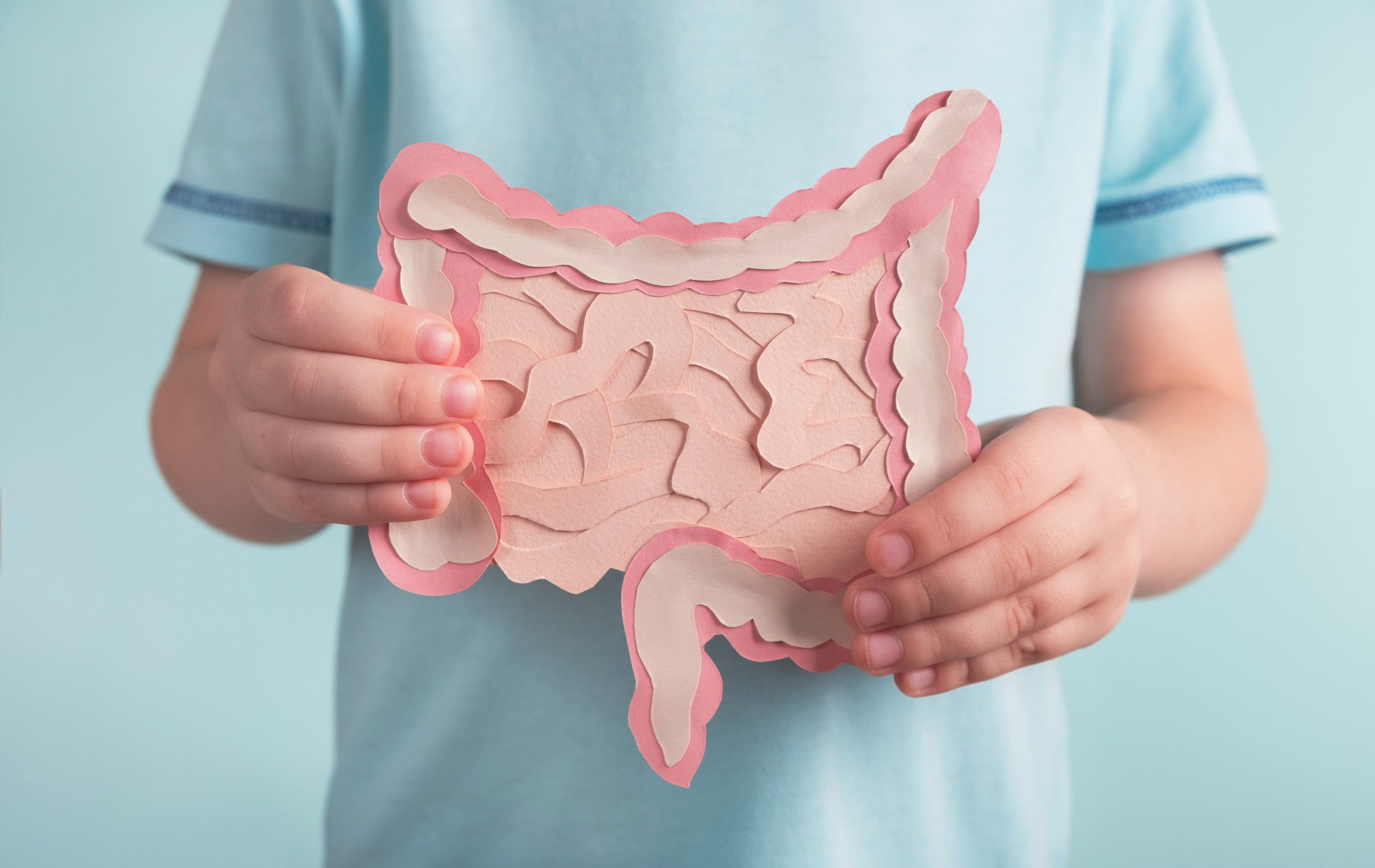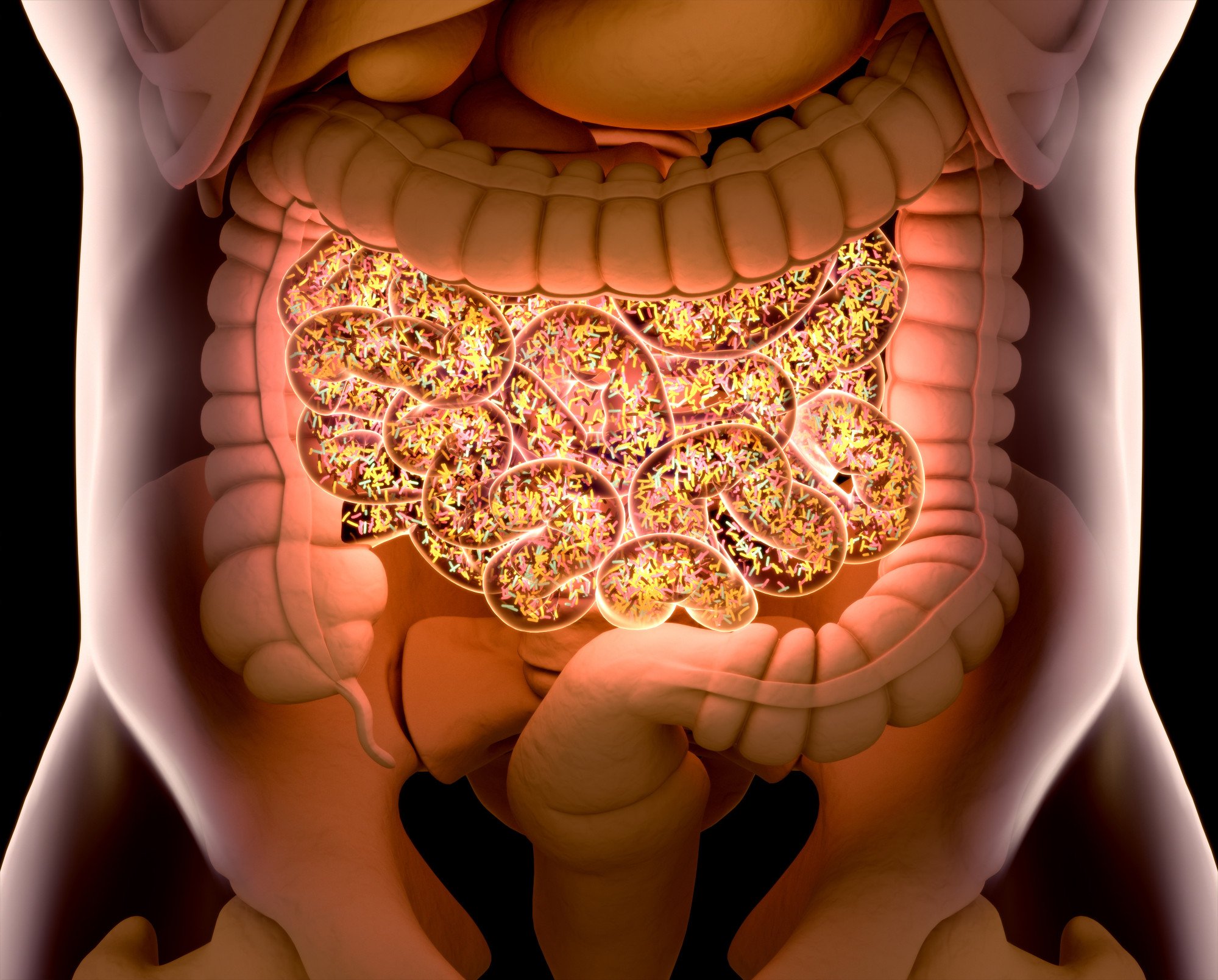
Explainer | Why fermented foods are good for your brain, not just your gut, and which are best – experts explain
- It’s well known that natto, kefir and other fermented foods and drinks are good for our digestive system, but research suggests they can also boost brain health
- A dietitian and a researcher explain the ‘mutual relationship’ between gut and mental health, and reveal which fermented foods are best, and which to beware of
Blueberries, walnuts, fatty fish and green leafy vegetables are popular “brain foods” that have been linked to better memory and reduced risk of cognitive impairment. Fermented foods can also be added to the “brain health” booster list.
Fermented foods are a source of tryptophan, an essential amino acid that plays a role in the production of serotonin – a chemical that carries messages between nerve cells in the brain and plays an important role in body functions such as mood, sleep, digestion and sexual desire.

Fermented sugar-based products and fermented vegetable-based products, in particular, “are like winning the lottery when it comes to gut and brain health”, Balasubramanian says.

But not all fermented foods contain probiotics, especially those commercially produced and pasteurised, because pasteurisation kills the probiotic bacteria along with any associated health benefits.
Probiotics help restore the balance of friendly bacteria in our gut and may alleviate some digestive problems, improve chronic inflammation and strengthen the body’s immune system.
Fermented vegetables, grains and legumes already contain a certain amount of fibre, Luk says. This fibre can serve as prebiotics – “food” for gut-friendly bacteria that produce short-chain fatty acids.
Probiotics and prebiotic fibre from fermented foods may reduce inflammation, anxiety, and improve cognitive function
Short-chain fatty acids provide nutrients to intestinal wall cells, helping to maintain gut health. Research also suggests that short-chain fatty acids can help reduce the risk of inflammatory bowel disease and diabetes, and help with weight control.
But how do gut-friendly fermented foods help with brain health?
Your gut affects your mental and physical health; here’s how to optimise it

“Although preclinical studies show benefits of fermented foods for gut function and animal models of depression and anxiety, there is a lack of evidence in humans. Nonetheless, eating a diet rich in different types and sources of fibre, including fermented foods, can help support physical and mental health.”
Why you should follow the diversity diet and eat 30 different plants a week
“Fermentation of foods occurs in anaerobic conditions,” Luk says, referring to an environment without oxygen.
“During this process, bacteria or yeast break down the carbohydrates in the food, providing energy for their own growth and reproduction. These carbohydrates are also transformed into various organic chemicals, including alcohol and organic acids such as lactic acid and acetic acid.
“This is why fermented foods have a sour taste and an alcoholic aroma, and their flavour becomes more complex over time. Fermentation changes not just the taste of foods but also their aroma, texture and appearance.”

Luk says that some fermented foods are healthier than others, particularly those containing minimal food additives such as salt and sugar.
“Excess salt may promote gastric Helicobacter pylori [a type of bacteria that infects your stomach] colonisation in the stomach, which is a known risk factor for gastric cancer.
Food fermentation expert on fear and bacteria
When buying fermented foods, look at the nutrition label and choose versions with the lowest sodium and sugar content.
Hong Kong chefs experiment with fermentation for flavour and health
As fermented foods are rich in probiotics, and some, high in dietary fibre, remember that they can cause temporary gas and bloating.
And while fermented foods are generally safe to eat due to the presence of lactic acid, which kills harmful bacteria during fermentation, Luk says that incorrect temperatures, fermentation times or unsterile equipment can cause the food to spoil, making it unsafe to eat.

